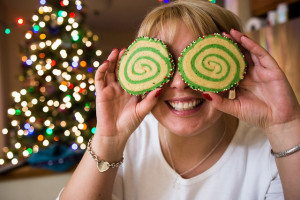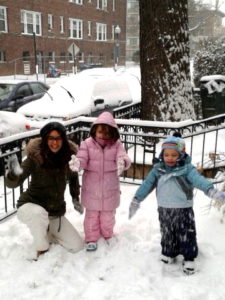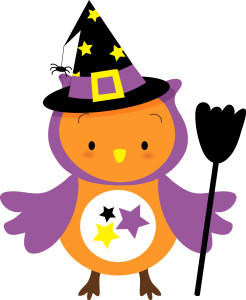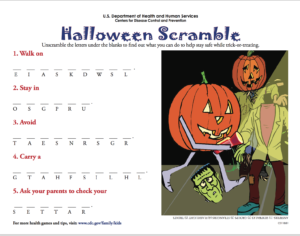Imagine if you went to the hospital and the doctors and nurses were more interested in texting or tweeting than caring for you. How would that make you feel, about yourself and about them? Would you think you were getting the treatment you deserved? Would you feel like paying the bill after your stay?
Life as an au pair is a fine balance between employee and family member. You live with your host family and participate with them as a member of the family, but you also have clear responsibilities as a childcare provider.
Being a childcare provider is a very important job because you are helping to shape our next generation. What message are you sending to your host kids when you would rather interact with a computer than with them? How will they feel about themselves and about you? Children feel as though everything is about them. They will see this as a rejection of them and they will be more likely to act out.
Not paying enough attention to your host kids poses safety concerns too. Accidents happen, but when an adult caregiver is close by and appropriately supervising children, the chances of a major injury are dramatically reduced.
When you are working, you should not do any of the following:
- Texting
- Talking on the phone
- Chatting online
- Using Skype or FaceTime
- Messaging
- Emailing
- Tweeting
- Updating your status on Facebook or any other social media site
- Using Snapchat, WhatsApp or any other app or social media site
- Watching videos on YouTube
- Uploading photos on Instagram
- Using the phone or tablet while driving
- Exceptions- the only time it’s okay to use your computer, phone, tablet, etc. is when your host parents have given your specific permission to text or call them, help your host children find a pre-approved website (like Nickjr.com), or some other job-related task that your host family has asked you to complete. When in doubt- ask your host parents.
Finally, please do not text, scroll through Facebook, answer your phone, etc. when eating meals with your host family or talking with your host parents. Even if you think you’re a great multi-tasker, your host family will think you are being rude.
Going unplugged during work may seem impossible, but think about this — even if you work 45 hours a week, you still have 123 hours left in the week for all of that other stuff, or about 70 hours (if you are getting the recommended 7-8 hours of sleep per night).
Host Parents – Please be clear about what you consider acceptable technology use during work hours to avoid misunderstandings. Your au pair is most likely very accustomed to being plugged in at all times. Her intention is not to be rude, but she might not realize how her actions will be perceived. Please use this information as an opportunity to begin a dialogue on the issue.
(Adapted from Christine Connally’s blog post, Going Unplugged During Work Hours)










 Halloween (or Hallow e’en) is a celebration
Halloween (or Hallow e’en) is a celebration 
